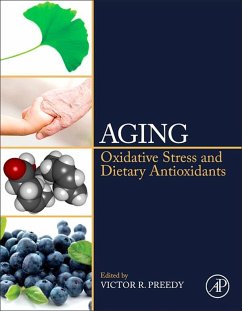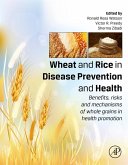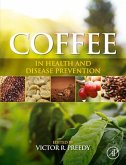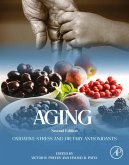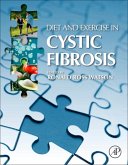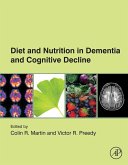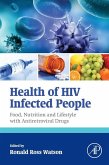Aging: Oxidative Stress and Dietary Antioxidants bridges the trans-disciplinary divide and covers in a single volume the science of oxidative stress in aging and the potentially therapeutic use of natural antioxidants in the diet or food matrix. The processes within the science of oxidative stress are described in concert with other processes, such as apoptosis, cell signaling, and receptor mediated responses. This approach recognizes that diseases are often multifactorial, and oxidative stress is a single component of this.
Gerontologists, geriatricians, nutritionists, and dieticians are separated by divergent skills and professional disciplines that need to be bridged in order to advance preventative as well as treatment strategies. While gerontologists and geriatricians may study the underlying processes of aging, they are less likely to be conversant in the science of nutrition and dietetics. On the other hand, nutritionists and dietitians are less conversant with the detailed clinical background and science of gerontology. This book addresses this gap and brings each of these disciplines to bear on the processes inherent in the oxidative stress of aging.
Gerontologists, geriatricians, nutritionists, and dieticians are separated by divergent skills and professional disciplines that need to be bridged in order to advance preventative as well as treatment strategies. While gerontologists and geriatricians may study the underlying processes of aging, they are less likely to be conversant in the science of nutrition and dietetics. On the other hand, nutritionists and dietitians are less conversant with the detailed clinical background and science of gerontology. This book addresses this gap and brings each of these disciplines to bear on the processes inherent in the oxidative stress of aging.
- Nutritionists can apply information related to mitochondrial oxidative stress in one disease to diet-related strategies in another unrelated disease
- Dietitians can prescribe new foods or diets containing anti-oxidants for conditions resistant to conventional pharmacological treatments
- Dietitians, after learning about the basic biology of oxidative stress, will be able to suggest new treatments to their multidisciplinary teams
- Nutritionists and dietitians will gain an understanding of cell signaling and be able to suggest new preventative or therapeutic strategies with anti-oxidant rich foods
Dieser Download kann aus rechtlichen Gründen nur mit Rechnungsadresse in A, B, BG, CY, CZ, D, DK, EW, E, FIN, F, GR, HR, H, IRL, I, LT, L, LR, M, NL, PL, P, R, S, SLO, SK ausgeliefert werden.

